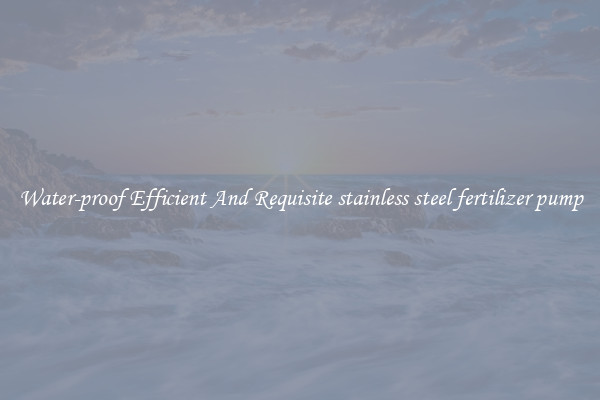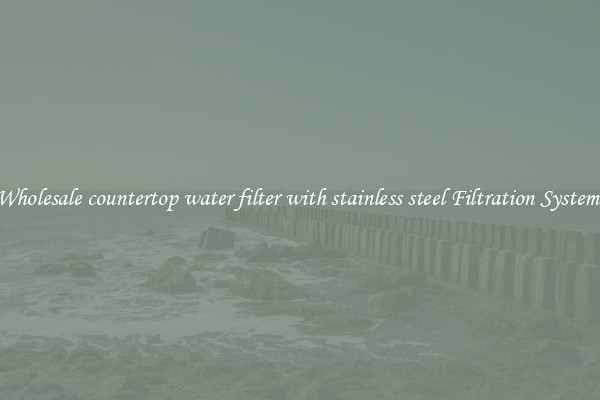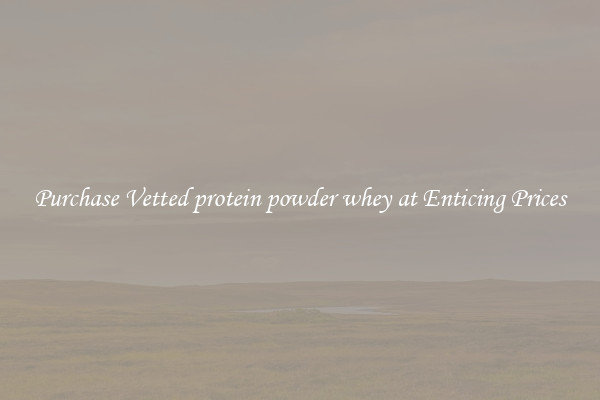Water-proof Efficient And Requisite stainless steel fertilizer pump
Stainless steel fertilizer pumps are essential tools for efficiently distributing fertilizers in agricultural fields. These pumps are designed to withstand the harsh outdoor conditions and corrosive chemicals commonly used in agriculture, making them a reliable choice for farmers looking to maximize their crop yields.

One of the key features of a stainless steel fertilizer pump is its water-proof construction. This ensures that the pump can continue to operate effectively, even when exposed to rain or irrigation water. The stainless steel material is highly resistant to rust and corrosion, making it ideal for use in wet environments. This water-proof design also helps to prolong the lifespan of the pump, reducing the need for frequent replacements and repairs.
Efficiency is another important factor to consider when choosing a fertilizer pump. Stainless steel pumps are known for their high efficiency, allowing farmers to distribute fertilizers quickly and evenly across their fields. This helps to ensure that crops receive the nutrients they need to grow and thrive, leading to higher yields and better quality produce. The robust construction of stainless steel pumps also contributes to their efficiency, as they are less prone to clogging or breakdowns compared to other types of pumps.
In addition to being water-proof and efficient, a stainless steel fertilizer pump must also be requisite for the job at hand. This means that it should be capable of handling the volume and type of fertilizers being used, as well as the size of the agricultural operation. Farmers should carefully consider their specific needs and choose a pump that can meet these requirements effectively.
Overall, stainless steel fertilizer pumps are a reliable and durable choice for farmers looking to improve the efficiency of their operations. With their water-proof construction, high efficiency, and requisite capabilities, these pumps are a valuable investment for any agricultural enterprise. By choosing a stainless steel pump, farmers can ensure that their crops receive the nutrients they need to thrive, leading to higher yields and better quality produce.

View details

View details

View details

View details








